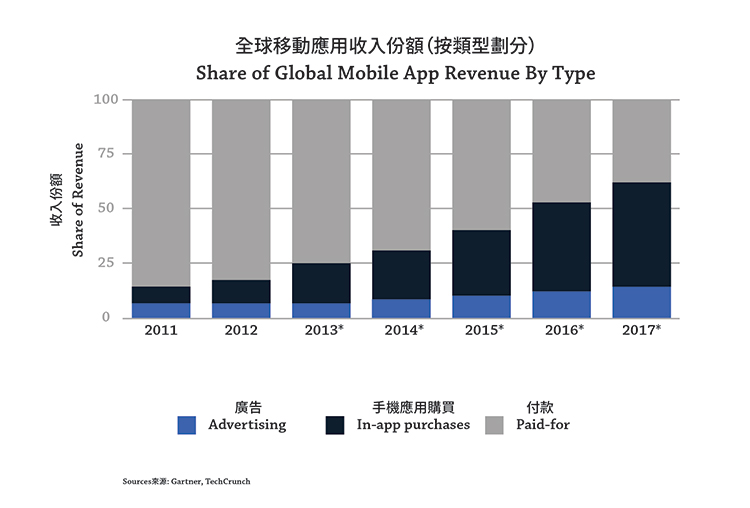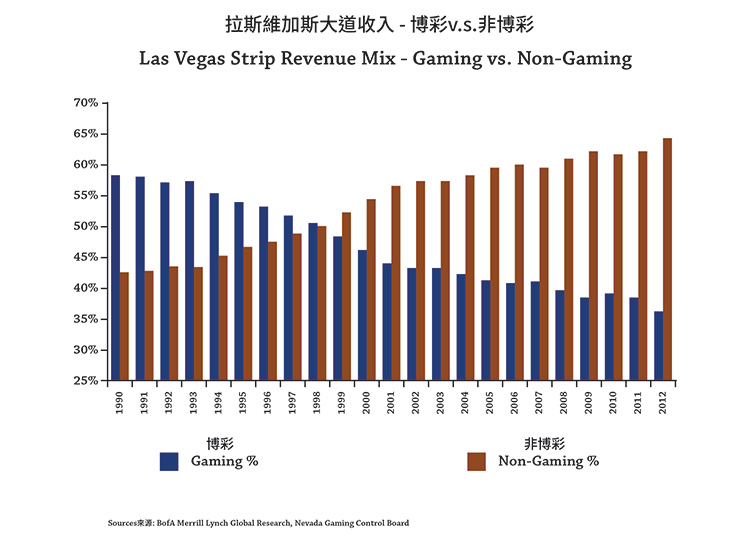Blockchain provides a unique opportunity for casino operators to innovate on their gaming floors and forge closer bonds with game makers, says Alphaslot CEO Raymond Chan.
We believe casino gaming, and more broadly the casino entertainment value, should be appreciated like all other forms of entertainment in the internet age today — interactively, securely globally, and responsibly. However, there remains a disconnect between the casino operators and game makers.
 Casino operators don’t have the ability to make the games they desire, thus limiting their interaction with players directly on the casino floor. And while casino operators have invested in expensive buildings to attract customers and created loyalty programs that are costly to maintain, ultimately customers require great games to play, to stay and to return again.
Casino operators don’t have the ability to make the games they desire, thus limiting their interaction with players directly on the casino floor. And while casino operators have invested in expensive buildings to attract customers and created loyalty programs that are costly to maintain, ultimately customers require great games to play, to stay and to return again.
The numbers are telling. Thanks to the expensive investment into marketing and the building of new attractions by operators, 42.9 million customers visited Las Vegas in 2018 and 32 million came to Macau. Worldwide, casino revenue reached US$129 billion, but spending on the casino floor has fallen from 70% of a visitor’s spend in 1990 to less than 35% in recent years.
NEW TECHNOLOGY – THE DRIVING FORCE FOR INNOVATIONS
Thanks to newly available technology, there are opportunities for casinos to turn things around. The Internet of Things (IoT) and Blockchain are two topics which are causing a great deal of hype and excitement, not just in the technology circle but in the wider business world too. The idea is that putting them together could, in theory, result in a trustful and secure new layer of data processed by “smart” machines in the IoT.
We do have a lot of potential “smart” machines on our casino floors that generate millions of data (and revenue) every second. We are just missing a trustful layer between operators and game makers.
Digital assets (in-app avatars and accessories purchase) is now the leading revenue generator from new gamers in eSports and casual games. It is not happening on casino floors yet because of the disconnect between the game makers and the casino operators as explained earlier.
A blockchain powered general ledger can help the situation by recording the ownership of the digital assets and connecting them to the “smart” gaming machines on the casino floor. The new system will directly bridge casinos and customers for increasing incentive to play on casino floors, and for a longer time as they do in eSports and modern casual games these days.
In principle, it makes a lot of sense and there are several clear advantages to the idea. Firstly, casinos can offer unique digital accessories on blockchain to players that aren’t available for direct sale. The “smart contract” facilities provided by some blockchain networks, such as Ethereum, allow for the creation of agreements which will be executed when certain conditions are met. This is likely to be highly useful when it comes to, for example, authorizing one game to react to digital avatars, creating compulsion and providing additional in-game boosts to enhance the gaming experience for new generation customers.
Secondly, players will be better equipped with more control while playing, allowing in-game strategy and potentially positioning themselves with higher chances of winning (in selected jurisdictions). These features will engage players for longer time-on-device and drive up revenue from casino floors.
Thirdly, as the blockchain and IoT infrastructure becomes mature and widely used, the system offers the potential for greatly improving the overall security of the environment. The new layer will also create access for regulators to promote responsible gambling and AML, for game designers to tap into new sources of information of their players, for casino operators to expand reach to their customers via CRM, for technology companies to innovate in presently unimaginable ways, and for gaming values to grow exponentially.
 Every new ecosystem starts with a chicken-and-egg problem: the supply won’t join the system unless there’s a demand. And demand is challenging to prove without real supply.
Every new ecosystem starts with a chicken-and-egg problem: the supply won’t join the system unless there’s a demand. And demand is challenging to prove without real supply.
As gamers’ data is encrypted and anonymous on the blockchain, casinos are more willing to open the customer gateway with game makers for product improvement. Both casino operators and game makers are now able to offer digital assets for gamers to acquire, encouraging them stay longer on their games and increase revenue for both game makers and casino operators. These unique characteristics present new business opportunities for the industry to compete with upstarts.
As this ecosystem flourishes with newly available technology, efficiencies increase, greater returns are achieved and experiences are improved exponentially. It is bringing new business opportunities to innovate and win new fans.

































